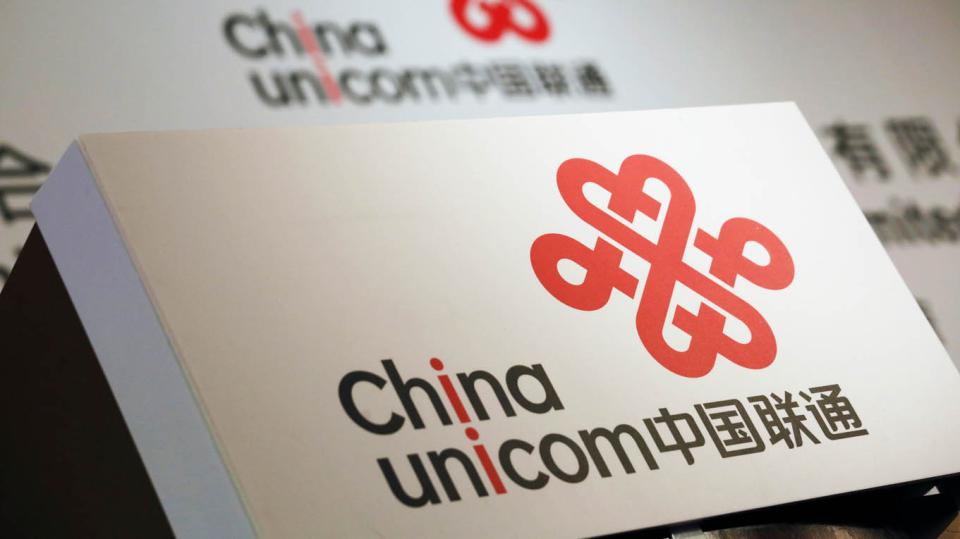Telecom firm China Unicom is among the first batch of China’s centrally administered State-owned enterprises (SOEs) to be shifted to mixed ownership. Other sectors to be included in these pilot schemes are electricity, oil, natural gas, railway, civil aviation, and the military industries. Yin Xile, a doctoral student who studies China’s corporate governance at Nankai University, analyzed the reform of SOEs and proposed some suggestions.
The core of mixed-ownership reform focuses on these seven sectors, according to Yin, because they are traditional monopolies and they took advantage of their state-owned positions to enjoy priority in obtaining serious amount of capital, which led to unfair competition among small-and medium-sized enterprises. Some SOEs concentrated on reaping profits for themselves instead of fulfilling their mission of serving the greater good.
In terms of effectiveness, success in these pilot programs could enhance market confidence and expectations for mixed-ownership reform and break the monopoly. Moreover, SOEs frequently underperform - for instance, recent profits of China Unicom, 625 million yuan (US$ 90.6 million), have been far less than those of other telecom firms, China Mobile and China Telecom. This pilot reform program, according to Yin, could help enterprises with poor performance introduce private capital, technologies and talent as well as improving business management, capital allocation and operational efficiency.
Yin advised that commercial state-owned enterprises adopt a market mechanism based on “one enterprise, one policy” rather than a single overriding approach, and reduce political intervention and the officially-backed appointment and removal of personnel. The main decision making role should be played by the board of directors, not Party organizations that previously played a leading role.
More importantly, the aim to promote mixed-ownership reform is not simply combining different forms of capital; instead, the introduction of non-state capital is aimed at improving business and management. During the process of pilot reforms, the government should issue clear and consistent official statements in a bid to build its credibility among enterprises and the public.

 Old Version
Old Version